How is the life of people just 50 Kms away from Bangalore?
If you are raised in a city as crowded as Bangalore, you know how hectic the life of people is. It is not completely false to say that people mostly surrender their life to work on the weekdays to trade for a life on weekends.
For most of us who are born and bred on such premises, we are unaware of how the world is outside.
Every weekend, large groups of cyclists ride to Kanakapura road to get a glimpse of the serene nature surrounding Bannerghatta national park. 35 Km from the city you can get to enjoy pleasing views from many hilltops and viewpoints.
Apart from these short trips on the weekends, people are not much aware of how it is to live in such remote places. For my all-India cycle tour, I decided to start my journey over Kanakapura, which is slightly over 35 Km away from Bangalore.
Having been raised in a city culture all my life, these are some of the stark differences I could observe in this remote place compared to Bangalore.
The environment you wish you could be in too:
The biggest difference I could observe comparing the concrete jungle we live in with the real jungle was the background noise.
We are so absolutely used to the traffic sounds, that we forget that nature is playing its music. A large number of birds chirping and the leaves rustling from the gushing wind constitute the corresponding notes. My mind just couldn’t get enough of it.
I had on Google maps, a location mapped by the name Gullahatti Kaval. A place with only as many as 300 houses and 1000 people overall. The very first thing I observed reaching there was the two very well-filled lakes. So clean and clear that I felt like washing my face with it.
An organic cucumber shell with seeds emptied, did the trick to collect some fresh water from the top, which allowed me to enjoy the cold water in the hot sun.
Apart from this, There was a water tank every couple of hundred meters making drinking water comfortably available throughout.
There were mango trees and jackfruit trees everywhere. I could only wish that I came here in the right season!
Staying over in the evening, I observed that there were huge parrots that looked greener than I have observed any green to be. There was a fresh organic fragrance around, which was indescribably beautiful. The cool wind constantly brushed my face comforting me from the long ride.
The difference in the attitude of people in remote places compared to Bangalore:
Any fear I had at all of not being welcomed almost completely melted away after the day’s journey. People were kind, warm, and welcoming. So much so that I can feel the confidence in me spilling out.
Hospitality:
At Bangalore, if you happened to go to a stranger’s house and ask for a cup of tea, you would be worried that you could be a cheat. In villages, however, people look for an opportunity to socialize. The best way is to offer food and tea.
The very first place I reached, I stood outside a home asking for a refill of water in my water bottle. The person who walked out, Gangadhar, not only offered to refill my bottle but also invited me to have food at his home. After having a nice hefty lunch, Gangadhar thanked me for having food at his house, a gesture I did not expect.
In between, I was invited to a tea stall on a big climb and offered with tea.
The location I wanted to stay at for the night was a small temple in a village named Sonnaredoddi. A village of only 80 houses and 250-odd people. When I reached there and asked if I could pitch my tent outside the temple, two people invited me to sleep right outside their house.
Shivalingamma the lady next door handed me tea and requested I have dinner at her place. After a while, I had a few cups of tea offered by different people whom I had to deny when called for dinner, as I had promised Shivalinagamma that I would have dinner at her place.
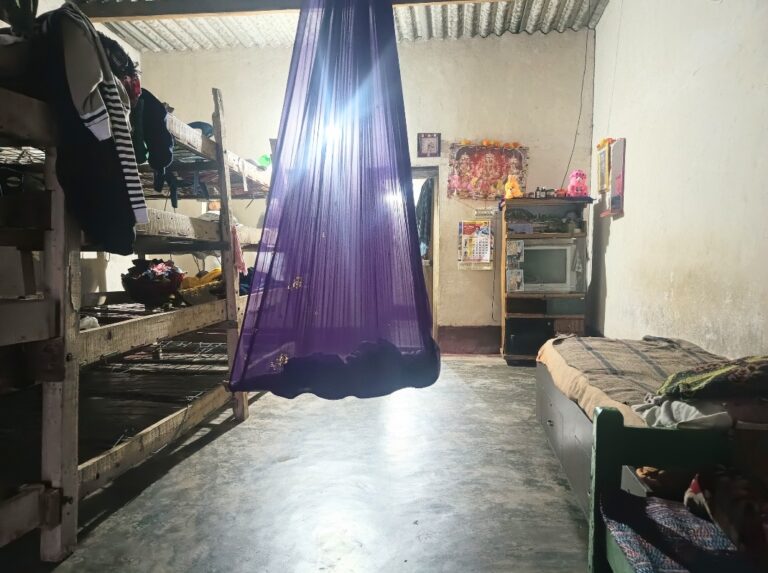
A lady next door walked in while having dinner and handed me a couple of bananas. As I was very full at the time, Shivalingamma packed them for me along with a few holiges (sweet dish) and asked me to have them for breakfast.
When I woke up in the morning to head out early, I was offered tea by two people who felt disappointed that I wouldn’t stay for breakfast. Shivalingamma forced me to stay over, as she wanted to help me by washing my clothes. I was completely floored by the hospitality I received. Something I hadn’t seen in Bangalore all my life!
Interests
All the curiosities that people had, were surrounding where I was coming from and how my family was. Surprisingly, every individual I spoke to had questions about my siblings and parents and their respective profession. I hadn’t ever seen such curiosity about one’s family members and their profession before.
Women were the first people to display this inquisitiveness. Everywhere I went, women and elderly ladies initiated the conversation with the above questions.
The next most asked question was, if I was educated and what my qualifications were. Although nobody understood when I said I have completed my PhD, all of them simply nodded acknowledging that I am well-read.
Their definition of a respectable person in the society was somehow of a more educated individual. When I said I was educated, people would either speak about how they weren’t, or how some of them who they knew, were. There was a feeling of pride when they announced they knew people who were well-educated.
Complains
I didn’t have to ask anybody what their complaints were. Most people snugly put in a word about what they aren’t happy about!
The elderly usually complained about how they were incapable of proper movement and underplayed their value of life.
Men complained about how difficult it is to raise money either farming or cattle rearing.
Surprisingly in the limited sample size I interacted with, women and kids were the only ones who didn’t seem to have any complaints.
How free are people?
I expected that people in such remote places would have a lot more free time compared to city dwellers. That didn’t turn out to be the case.
Men work 7 days a week, morning 6 AM to evening 7 PM. The life of women is also no less hectic. The day starts with collecting cow dung for women and heading to the farm for men. Throughout the day cattle are reared and milked, fodder is cropped and placed as feed. Men water the farm while women cook at home and indulge in related activities.
When men return from work, they all sit around their houses socializing.
At exactly 10 PM sharp, everybody waves goodbye to one another and heads to sleep.
Unlike in cities where kids are called back home before dark, kids in these places had way more freedom. They all gathered around in the evening to play a large number of innovative games that have been played even before their grandparent’s times. All of them grouped together before and after dinner till each of them were asked to go back home by their families.
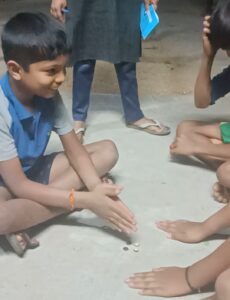
If you are interested in more of such articles, kindly head to the homepage and subscribe to my newsletters.
I am a 31 year young PhD graduate who has decided to travel the length and breadth of India on my cycle, to document the journey of meeting a vast array of people. In my journey, I intend to understand the characteristic features of the people of this nation and categorize them based on their demographics, age, profession, gender, traditions, and cultural differences.
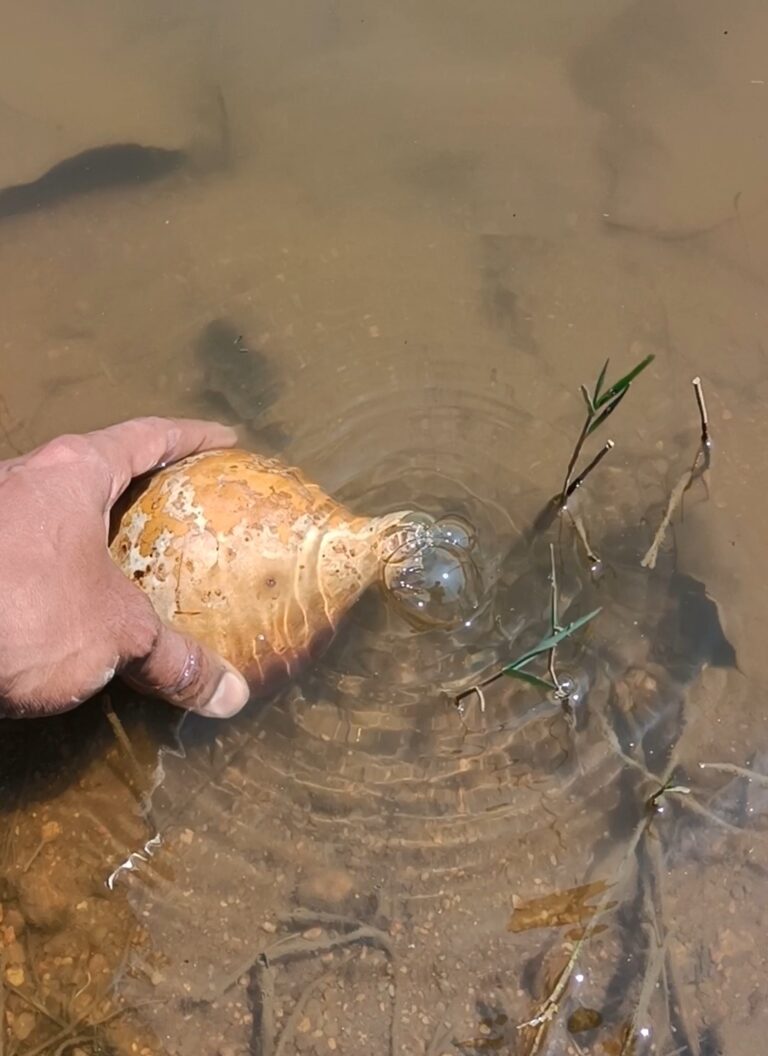
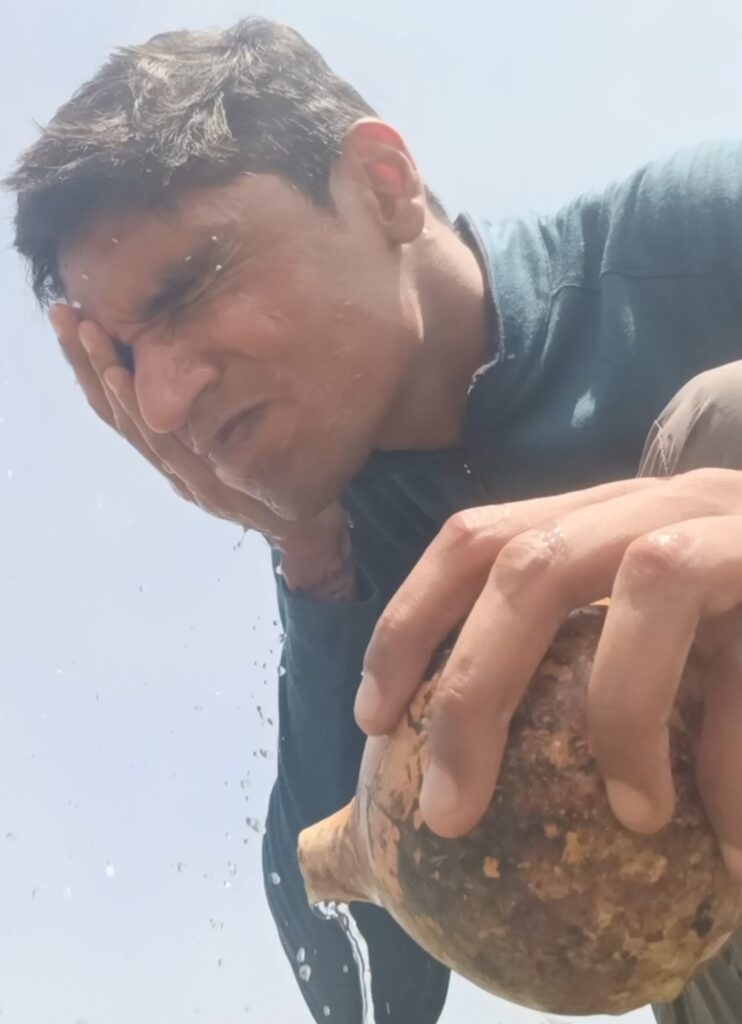
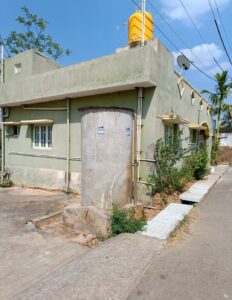
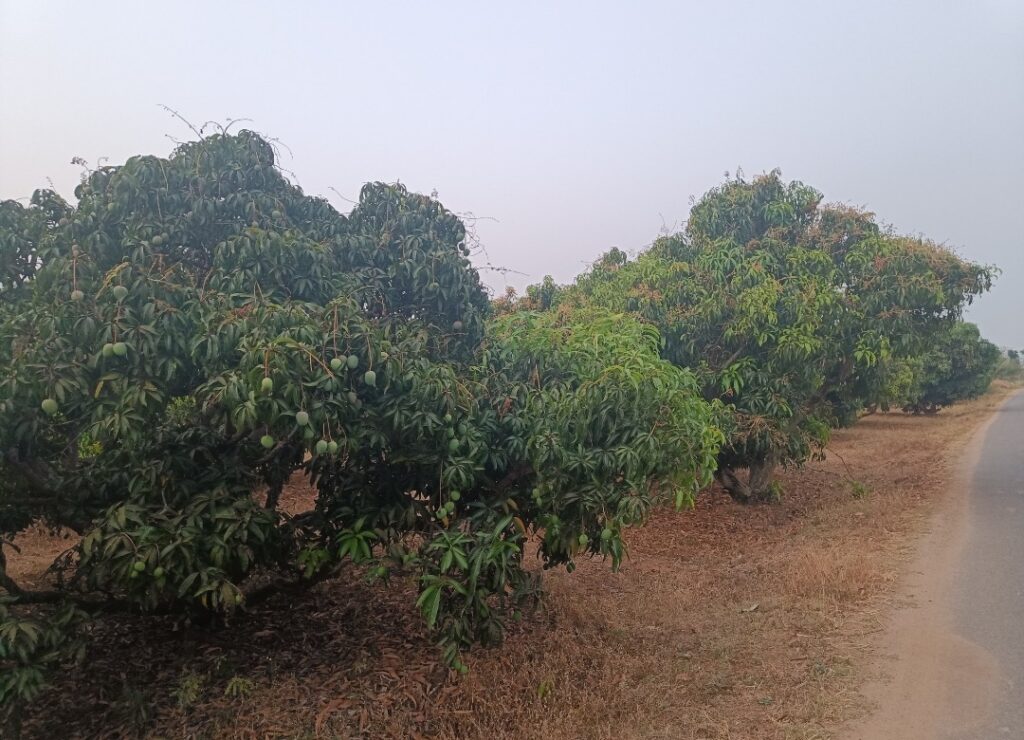
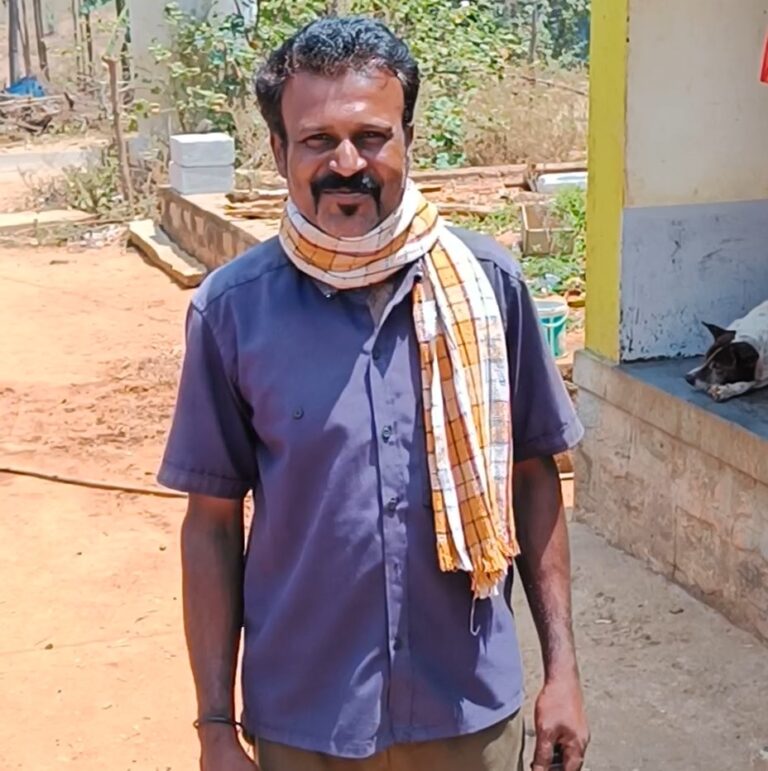
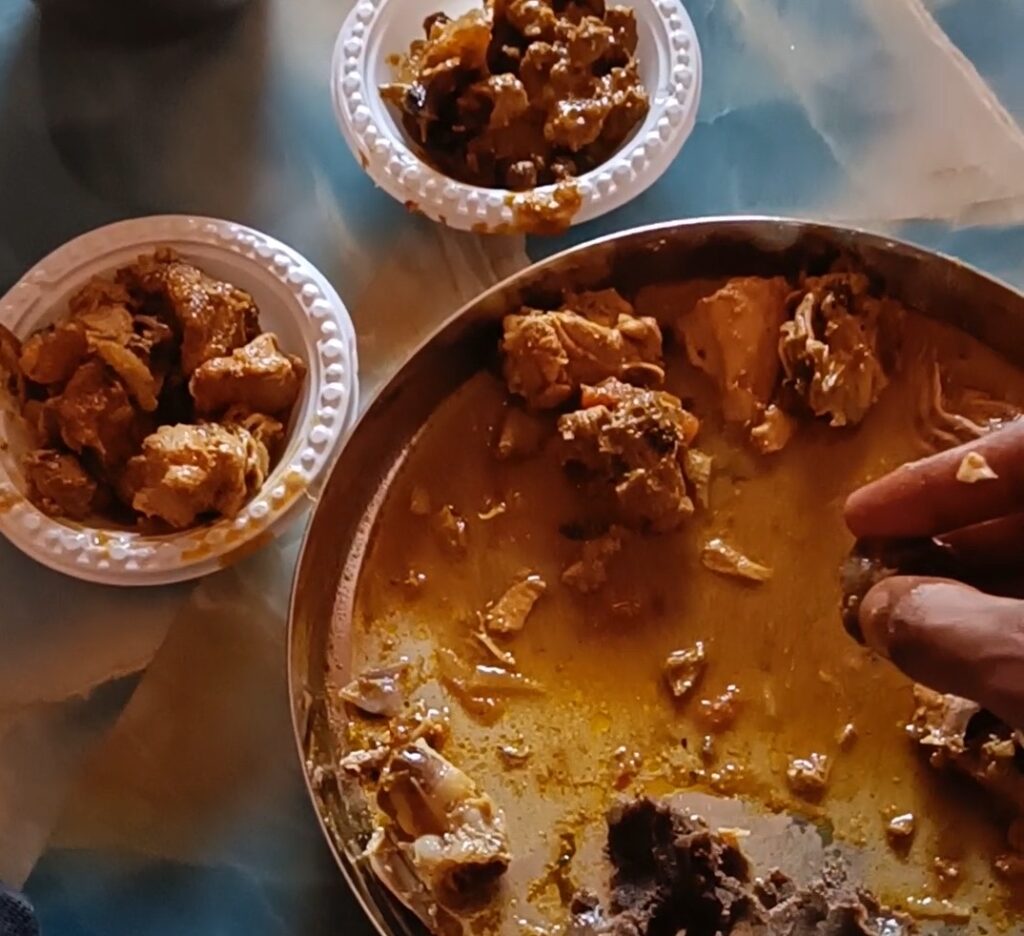
Simply beautiful. Raw natural beauty of life. Idu idu actually chennagirodu.
Great going baka boy. If….no no….when you write this as a book, I have a title suggestion.
‘The diary of a cycle jogi’